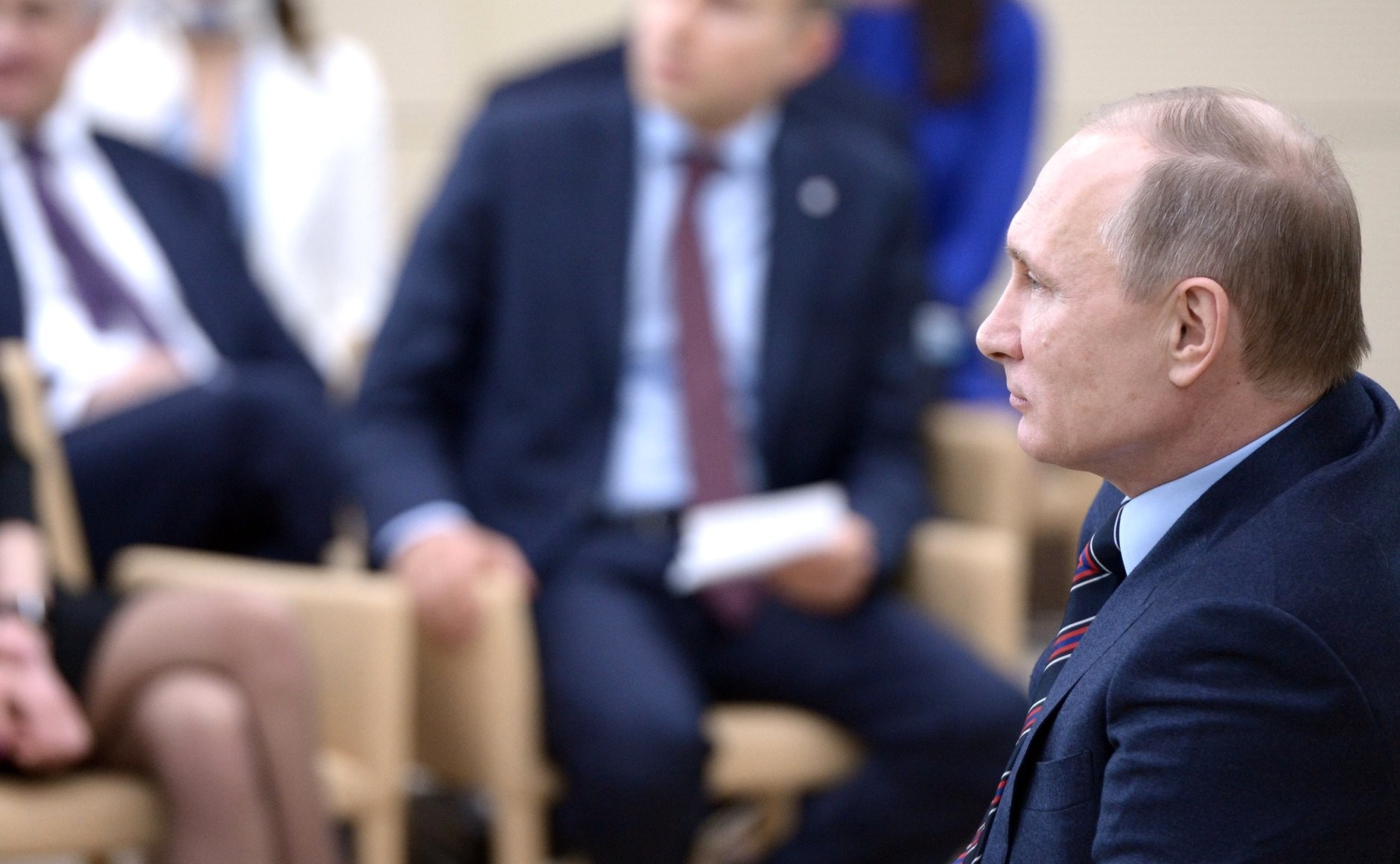Remote working regulations in Russia
페이지 정보
작성자 XV 작성일25-07-31 00:00 (수정:25-07-31 00:00)관련링크
본문
Remote work, also known as work from home, has become a popular option for employees and employers alike in many countries around the world. However, the regulations surrounding remote work can vary significantly from one country to another. In this article, we will take a closer look at the flexible work regulations in Russia.

Prior to the global health crisis, remote work top-10 translation agencies in Moscow Russia was relatively rare, and mostly limited to self-employed individuals. However, with the pandemic forcing many companies to adopt remote work arrangements in order to maintain productivity and protect their employees' health, the Russian government was faced with the task of creating a regulatory framework to govern remote work.
In 2020, the Russian government passed a law that made it mandatory for employers to provide their employees with the option of remote work, provided that this is viable and does not pose any significant risks to the company's operations. The law also established certain requirements and restrictions for employers who choose to offer remote work, including the need to create a written agreement between the employer and the employee outlining the terms and conditions of remote work.
One of the key benefits of remote work in Russia is that it can be a helpful tool for people with disabilities. Under Russian law, employers are required to provide reasonable accommodations for employees with disabilities, and remote work can be an effective way to facilitate this. In addition, remote work can be beneficial for working parents who need to balance their family responsibilities with their job requirements.
Despite these benefits, there are some obstacles and hurdles associated with remote work in Russia. One of the main issues is the poor internet connectivity in some regions of the country, which can make it difficult for employees to communicate effectively with their colleagues and complete their tasks. Another challenge is the need to ensure the security of company data and intellectual property when employees are working remotely.
To address these challenges, the Russian government has established certain regulations and guidelines for employers who offer remote work. For example, employers are required to implement safeguards to protect company data and intellectual property, and to provide employees with the necessary hardware and software to perform their tasks. Employers are also required to monitor their employees' productivity and performance while they are working remotely, and to take disciplinary action if necessary.
In conclusion, the regulations surrounding remote work in Russia are still evolving, but they reflect a growing recognition of the benefits of remote work for employers and employees alike. By understanding the challenges and limitations associated with remote work in Russia, employees and employers can work together to create a productive and effective remote work arrangement that meets the needs of all parties involved.
In practice, Russian labor legislation defines remote work in the form of flexible work arrangements which are defined as part of the labor contract. These remote working arrangements have specific dates and times or may be on-call work.
The remote work is governed and controlled by Employment Act. Russian Labor Law requires employers to set up and implement remote work arrangements within labor contracts Section 3, the contract should include standard remote work policies that will guide employers and employees throughout the employment period, and the employer has the right to modify or cancel remote work arrangements if an employee's productivity drops below the expected standards.
There seems to be a lack of remote work-specific legislation in Russia, although some specific regulations have been issued by the Employment Agency for example guidelines on implementing remote work and providing necessary equipment and infrastructure for remote work. The regulations require employers to monitor employee activity, assess remote work success, provide necessary equipment and infrastructure, guard against cyber threats when employees are working remotely, provide medical insurance for remote workers, and assess employee well-being.
The tax and benefits rules in Russia are not complex, in the context of remote work, remote workers pay the same tax obligations as their colleagues are doing on-site, the employer has similar remuneration requirements towards remote workers.
댓글목록
등록된 댓글이 없습니다.

